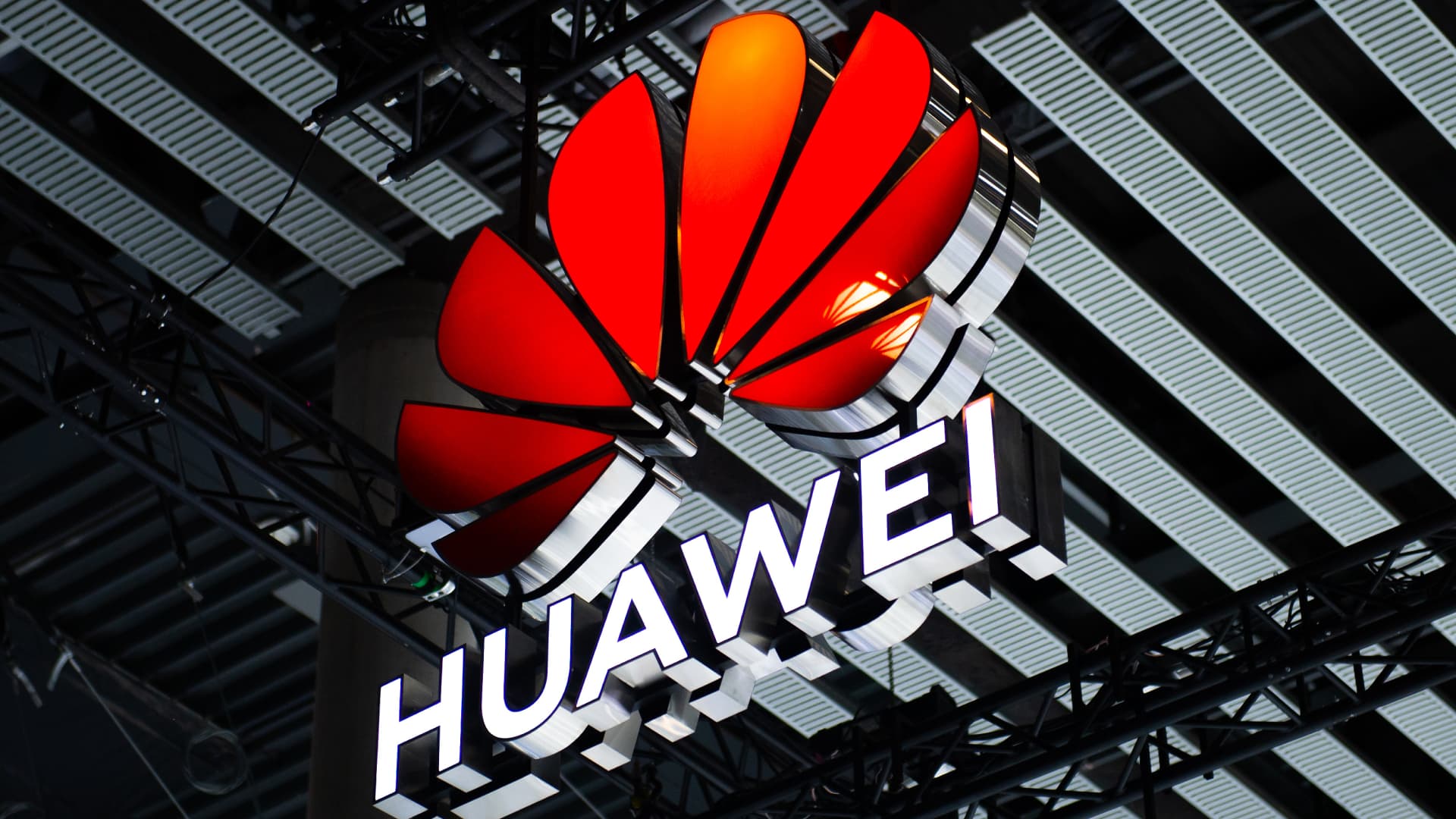Huawei reported its first yearly revenue decline on record in 2021 as U.S. sanctions continued to hurt the company.
But the Chinese technology giant’s income surged last year as it focused on boosting profitability.
“Despite a revenue decline in 2021, our ability to make a profit and generate cash flows is increasing, and we are more capable of dealing with uncertainty,” Huawei’s chief financial officer, Meng Wanzhou, said in a statement.
Huawei’s annual report released Monday is the first high-profile corporate event Meng has led since returning to China from Canada, where she was engaged in a nearly three-year extradition battle with the United States. Meng spoke at a press conference at Huawei’s headquarters in Shenzhen.
In 2021, Huawei brought in revenue of 636.8 billion Chinese yuan ($99.9 billion), a 28.5% year-on-year decline. That is the first yearly decline in revenue based on publicly available reports dating back to 2002.
Meng said during a press conference on Monday that U.S. sanctions, “supply continuity challenges” and slowing 5G demand in China were key reasons behind the revenue fall.
Net profit last year rose 75.9% year on year to 113.7 billion yuan.
Under former U.S. President Donald Trump, Huawei was put on a U.S. blacklist called the Entity List which restricted American firms from exporting key components and software to the company. Washington has sought to cut Huawei’s access to high-end chips required for its smartphones and other hardware. Huawei’s smartphone market share globally has plunged as a result.
Meanwhile, the U.S. has called Huawei a national security threat and urged other nations not to use its telecommunication equipment for next-generation 5G mobile networks. Huawei has repeatedly denied it is a national security threat.
These moves had had a big impact on the company’s business units. Huawei’s consumer division, which houses smartphone sales and other products, brought in 243.4 billion yuan in 2021, down nearly 50% year on year.
The carrier business, which includes sales of telecommunications equipment, posted revenue of 281.5 billion yuan, down by around 7% year on year.
One bright spot for the company was its nascent enterprise business, its smallest division currently, but one Huawei is focusing heavily on to pick up the slack. Huawei’s enterprise unit includes cloud computing.
To counter U.S. sanctions, Huawei is investing heavily in new areas including the automotive industry and hiring more scientists to focus on technology development.
Huawei’s spent 142.7 billion yuan on research and development in 2021, slightly higher than 2020’s figure of 141.9 billion yuan.
“Relying on talent, scientific research, and an innovative spirit, we will continuously increase investment to reshape our paradigms for fundamental theories, architecture, and software, and build our long-term competitiveness,” Guo Ping, Huawei’s rotating chairman, said in a press release.
Huawei is not a public company but releases annual results which it says are audited by accounting firm KPMG.
